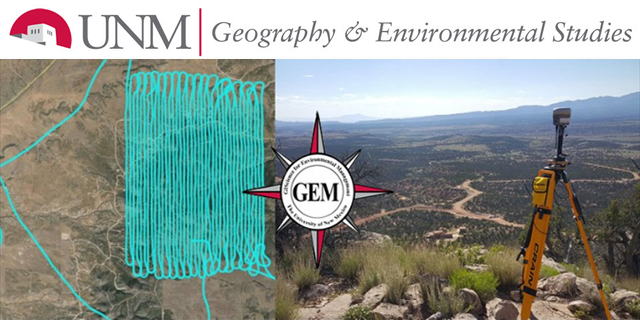
Geography ETDs
Publication Date
Spring 4-10-2020
Abstract
In the urban setting, biodiversity conservation requires intentionally creating spaces humans and wildlife can share. An urban land ethic can guide this process. Developing and practicing this ethic requires asking questions that consider approaches from multiple disciplines and avoid anthropocentric framing. Both More-Than-Human and Critical Physical Geography bring multiple knowledges into conversation to make complex realities visible. This project explores these fields of scholarship as guides for reconciling the needs of the land community.
Sharing familiar spaces creates opportunities for developing ethical relationships between humans, non-humans, and natural systems. Wildlife gardening creates habitat in our residential and community areas, providing wildlife with space and resources for adapting to a changing world. This paper presents the findings of a study evaluating community interest in a citizen science program centered on establishing a local mosaic of backyard habitat patches and discusses the implications for recruiting urban residents to participate in wildlife gardening.
Degree Name
Geography
Department Name
Geography
Level of Degree
Masters
First Committee Member (Chair)
Kristina Maria Doyle Lane, Ph.D.
Second Committee Member
Melinda Harm Benson, J.D.
Third Committee Member
Lisa Gerber, Ph.D.
Document Type
Thesis
Language
English
Keywords
More-Than-Human Geography, Reconciliation Ecology, Critical Physical Geography, Urban, Habitat, Land Ethic
Recommended Citation
Ladwig, Laurel E.. "BACKYARD WILDLIFE REFUGES IN ALBUQUERQUE, NM: AN URBAN LAND ETHIC IN PRACTICE." (2020). https://digitalrepository.unm.edu/geog_etds/52
